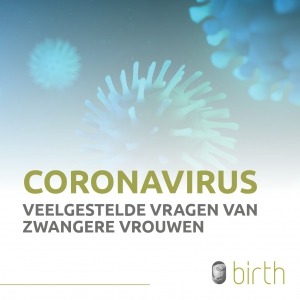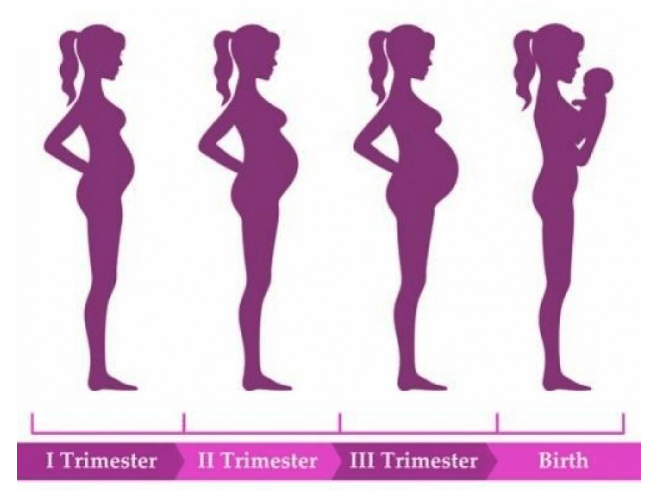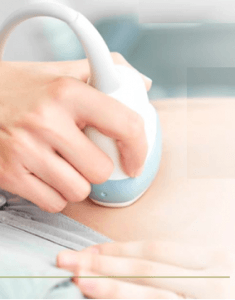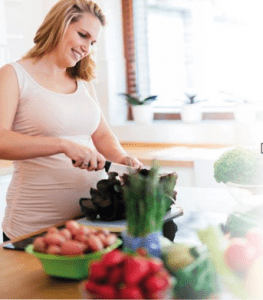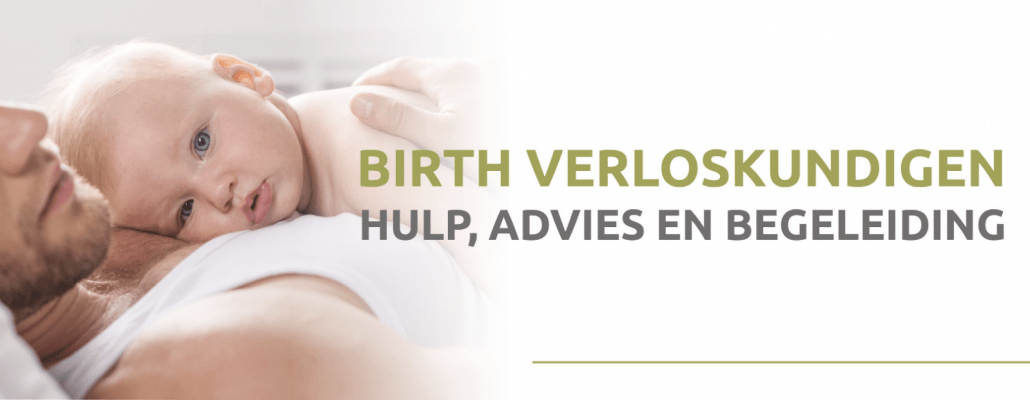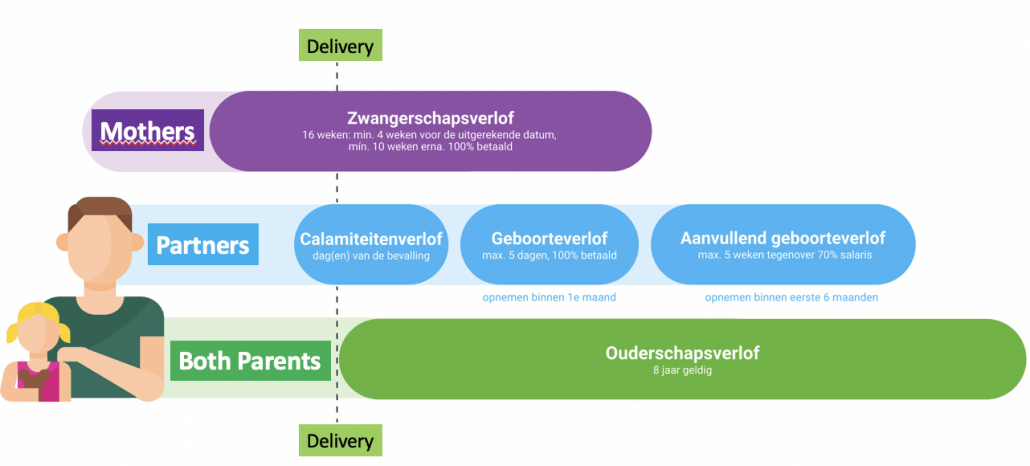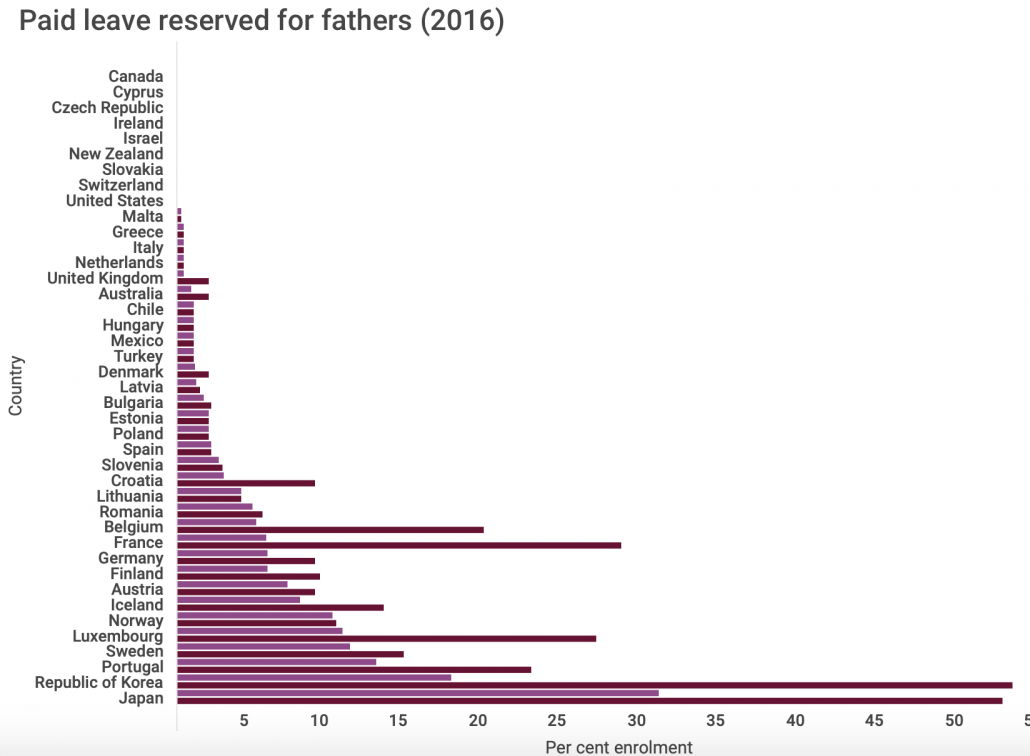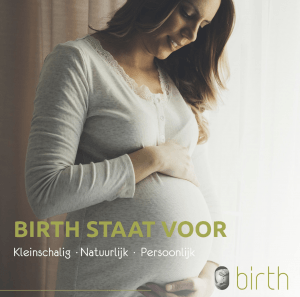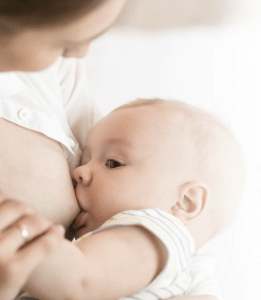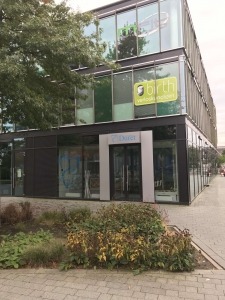Corona virus and being pregnant
Commonly asked questions about the corona virus
Becoming pregnant, being pregnant, giving birth and the upcoming parenthood might be challenging if you don’t speak Dutch. Birth Verloskundigen is a midwife practice in Stadshagen Zwolle that will provide you with

Verloskundige praktijk Stadshagen Zwolle
guidance during the pregnancy, giving the birth and the maternity period. We can also provide information on planning to conceive, how to plan your birth control and birth control prescription (insertion of birth control devices, such as spiral ect.)
Birth Verloskundigen is a small, personal, committed and dedicated midwife practice that delivers a full care model for parents and children. We offer you professional midwifery care from a responsible and efficient perspective by working closely together with other disciplines. We have the possibility to provide you with longer and more frequent checkups than usual in a Dutch practice, so there will be enough time for all your wishes and questions.
The list of frequently asked questions about the Corona virus, especially for pregnant women, has been drawn up by the KNOV (Royal Dutch Organization of Midwives) together with the NVOG (The Dutch Association for Obstetrics and Gynecology and the NVK (Dutch Association for Pediatrics). If you have any questions, you can always contact your midwife.
Am I infected with the Coronavirus?
At https://lci.rivm.nl/richtlijnen/covid-19 you can see if there is an indication to do further tests for the COVID-19 virus. If there is any doubt, please contact your doctor by telephone. If you are considering to visit your midwifery provider for this, first contact them by telephone for advice.
Is an infection with COVID-19 more serious for a pregnant woman?
Based on limited data, there is no evidence that pregnant women are more susceptible to be infected by COVID-19. It is still uncertain whether the course of an infection with COVID-19 is different from that of women who are not pregnant. From other viral infections, we know that a woman is more likely to have lung problems if she is pregnant.
Can the unborn baby become infected during pregnancy or delivery?
So far, no direct transmission (vertical transmission) of the COVID-19 virus from mother to child has been described during pregnancy or delivery. The virus has so far not been detected in amniotic fluid, umbilical cord blood, the throat of a newborn or in breastfeeding. Contamination is possible from mother to child via the normal human-to-human route (horizontal transmission).
Can I miscarry from COVID-19?
Based on limited data, there is no evidence that women infected with COVID-19 are more likely to have a miscarriage or pregnancy loss. There may be slightly more preterm birth, but it is not yet clear whether this is spontaneous preterm birth or whether a pregnancy has ended prematurely on medical grounds.
I now have an infection with COVID-19 and am in home isolation, will my appointment with the midwife or gynecologist be continued?
Consult with your midwife on what to do in this particular case.
I now have an infection with COVID-19, can I give birth at home?
Based on limited data, we recommend a hospital delivery during the active infection with surveillance (cardiotocogram, CTG) of the fetus. If the infection was> 14 days ago, this advice will be canceled.
Can I breastfeed if I have an infection with COVID-19?
There is no contraindication for breastfeeding. COVID-19 has not been detected in breast milk. It is recommended to breastfeed with a mouth mask and to observe hygiene measures (wash hands before touching the baby or breasts, use your own breast pump or bottle and clean the breast pump well after use). Because it is possible to infect the baby in your vicinity, it is worth considering having (pumped) food given by a healthy person.
I have been cured from an infection with COVID-19, am I now under the control of a gynecologist?
In principle, a past infection with COVID-19 is not a medical indication. For the time being, however, it is recommended to have growth ultrasounds made.
Birth Verloskundigen
Birth Verloskundigen is a small, personal, committed and dedicated midwife practice that delivers a full care model for parents and child. We offer you professional midwifery care from a responsible and efficient perspective by working closely together with other disciplines. We have the possibility to provide you with longer and more frequent checkups than usual in a Dutch practice. By doing this, there will be enough time for all your wishes and questions.
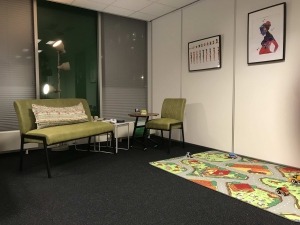
Verloskundige Stadshagen
Therefore, we provide you with an English speaking midwife, flexible consultation hours, ultrasounds, home visits, continuous monitoring during the pregnancy. We provide delivery at home and in the hospital, cooperation with the gynecologists in the region. All midwives are registered in the quality register for midwives. We have contracts with all major healthcare insurance companies, post-natal care, preconception consultation and birth control consultation.
Because it is not about us, but about you. It’s about your pregnancy, you are giving birth and it’s your child. We inform, facilitate and check.
You are welcome for a free consultation at our practice in Stadshagen Zwolle, or we can visit you on-site.
Are you interested or do you have any questions? Please contact us by sending an email to info@birth-verloskundigen.nl or call us at +31 6 15 15 80 52.
Hopefully see you seen!
Birth Verloskundigen
www: www.birth-verloskundigen.nl
email: info@birth-verloskundigen.nl

